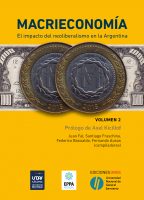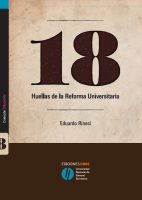Acumulación de capital y acción política de la clase terrateniente
The agrarian lockout unleashed in May 2008 has proven itself to be one of the most important across the long history of agrarian conflicts. Among its multiple consequences, stands out the fact that it turned to be the source that triggered long-standing academic debates to public opinion, like the agrarian social structure development and its social actors, as well as its social power, or the representation of rural organizations, just to mention the ones that are relevant to this research.
Specifically, we are going to focus in the political action of one of such organizations: the Sociedad Rural Argentina (SRA), which has been object of analysis that led to opposite conclusions. While some authors claim that it is a powerful organization, others state that such power has already vanished. Therefore, the main goal of this research is to analyse the social power of the SRA across a long period, which embraces from 1989, when the Menem government took office, to the 2008 conflict.
In order to accomplish our goal, we will set as starting point the fact that the social powers of the organization have their origin on the represented subjects. Hence, we aim to prove that despite its social basis is composed by individuals belonging both to capitalist and landlord classes, the political action of the SRA is mainly performed in representation of the last one. Consecuently, the hipothesys that leads this enquiry states that the SRA assumes the representation of the agrarian fraction of the argentinian landlors of the pampean region, and as such, it bears the social powers of these social actors in the context of the specificity of capital acumulation in Argentina.







